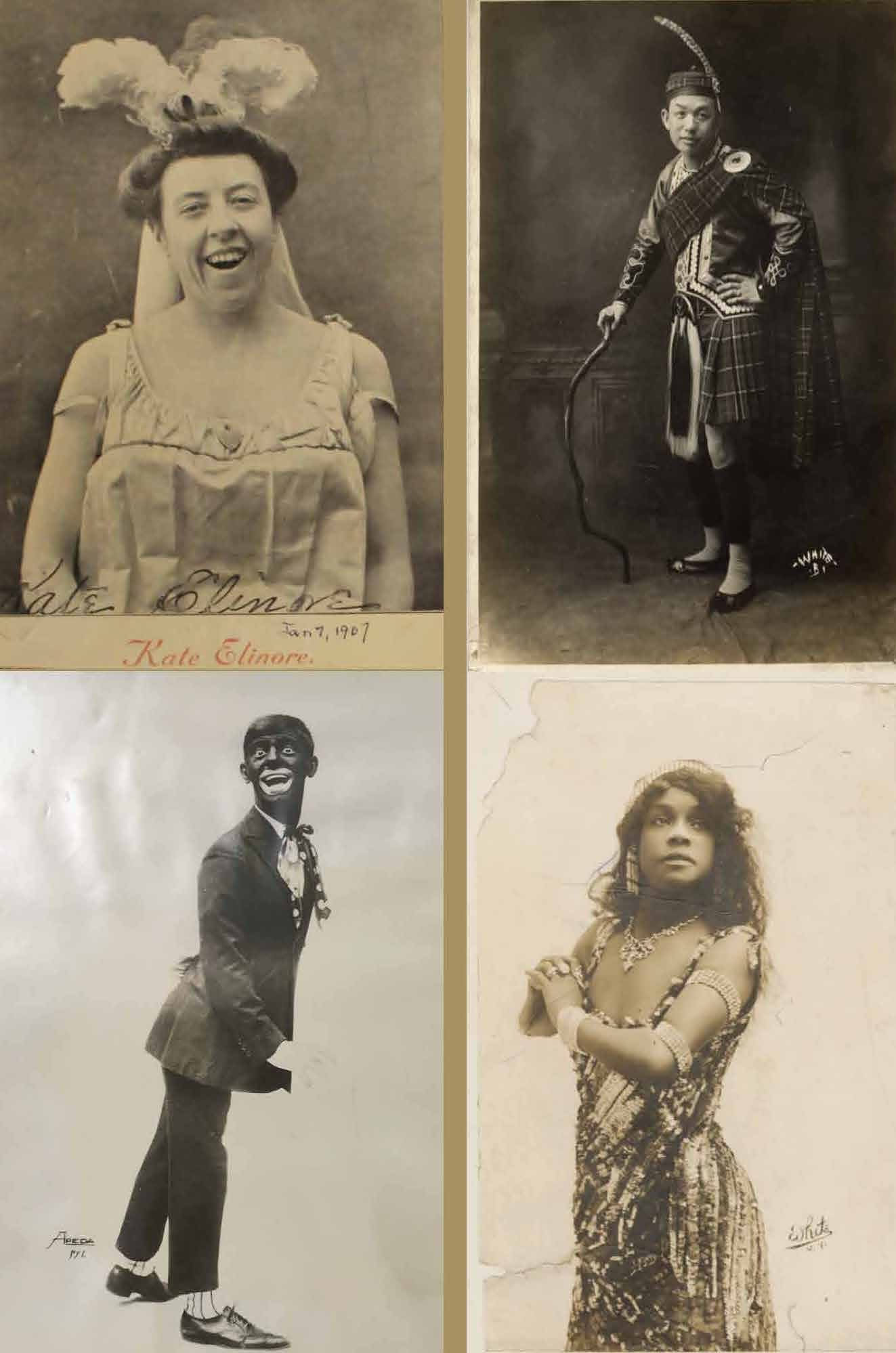Hyphen-Nation: Racial Impersonation
and the Performance of Hyphenated Americanness

My research explores how minoritarian performances of racial, ethnic, and national identities expanded definitions of U.S. Americanness. In my monograph, entitled Hyphen-Nation: Racial Impersonation and the Performance of Hyphenated Americanness, these performances are racial impersonations by U.S. American entertainers of Irish, Chinese, Eastern European Jewish, and African descent from the late nineteenth to the early twentieth century. The book views these “hyphenated impersonations” as tools for social critique and identity formation, using them to theorize hyphenation during a peak period of U.S. immigration. I show how impersonation forged dynamic relationships between the racial identities portrayed and the performers’ own identities, arguing that this fluidity in performance challenged fixed notions of hyphenation in society more broadly. Indeed, I argue that impersonation served as a platform to show that hyphenation is not a fixed identity marker but rather a dynamic process of identity formation adaptable to specific contexts and relations. Such situational understanding of hyphenation results in a new conception of the nation at large. This “hyphen-Nation,” as I phrase it, is not simply “a nation of immigrants” but a nation that understands hyphenation as a situational process of identity production in an effort to negotiate the complexity of its socio-political structure.